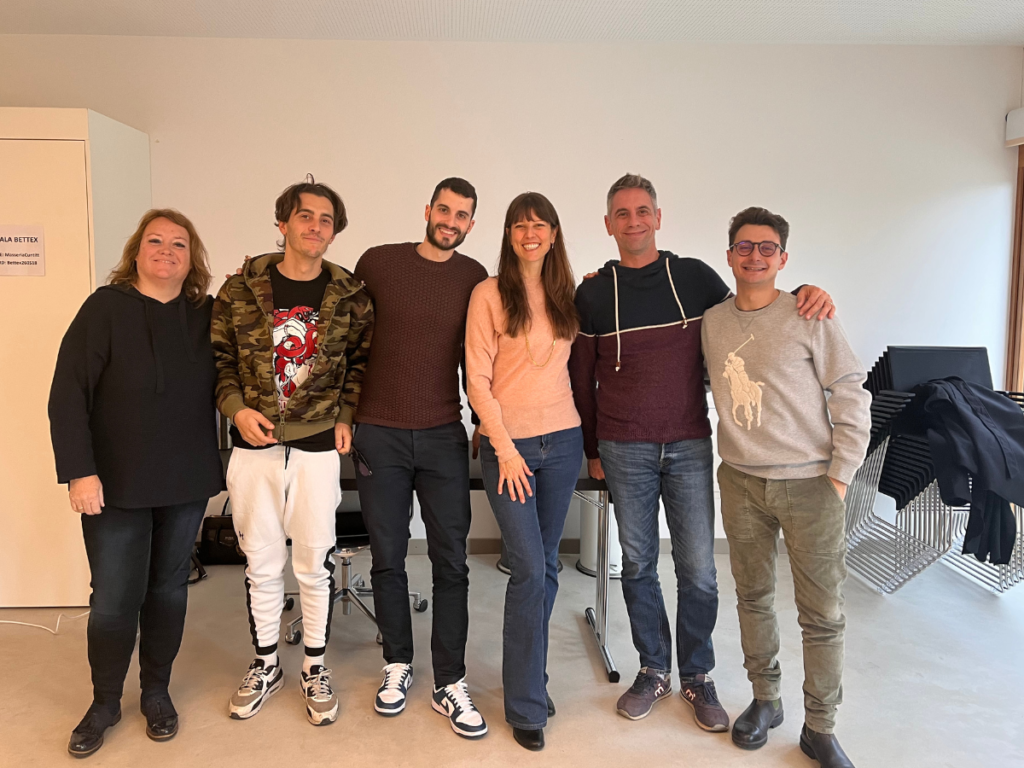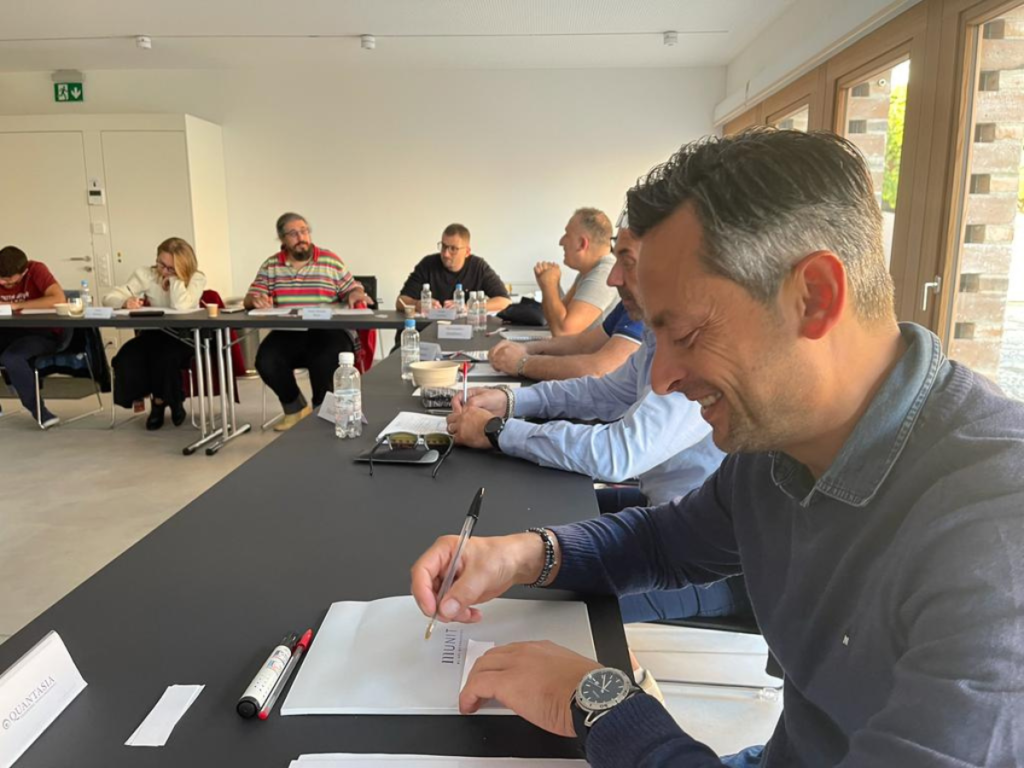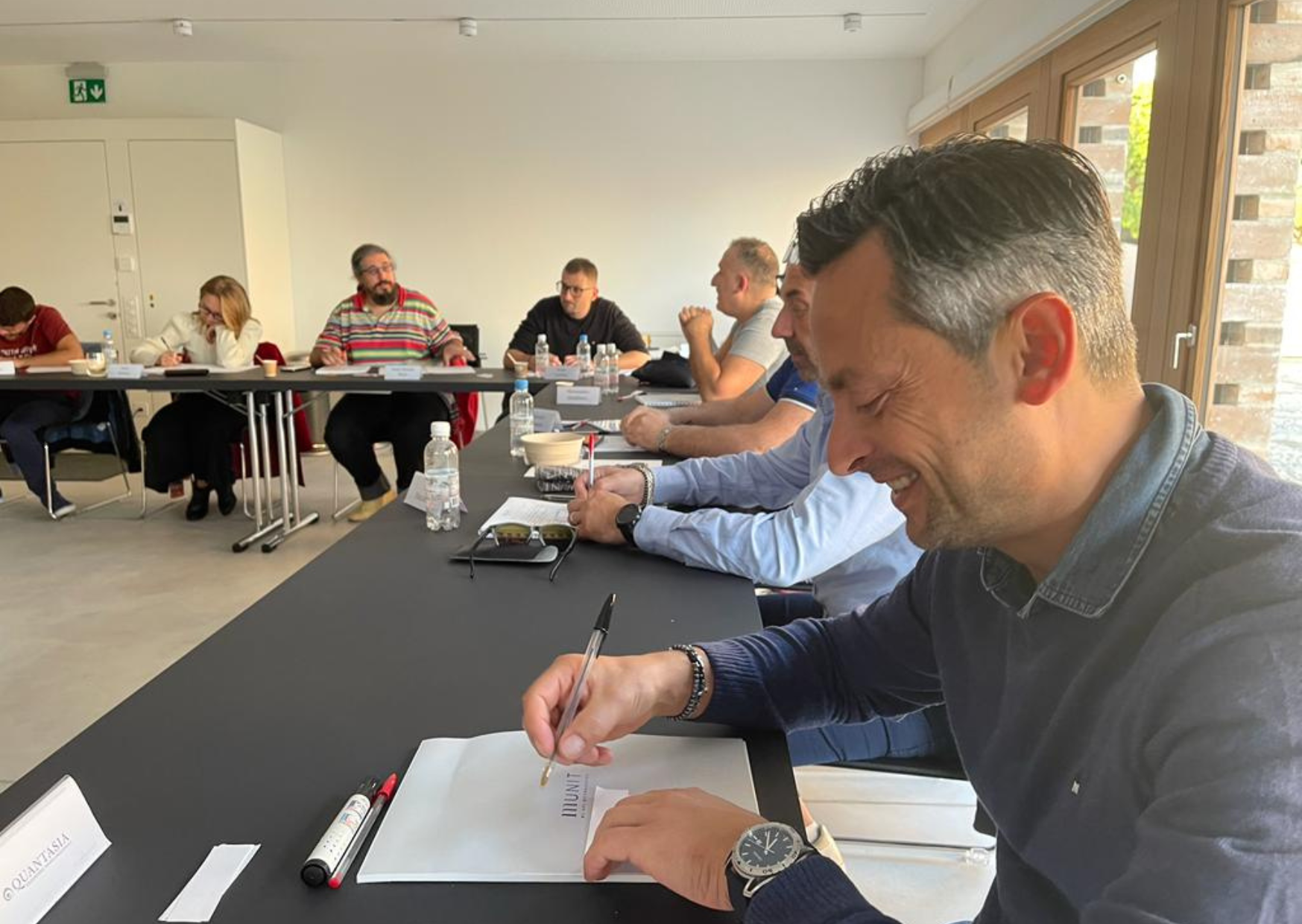S.O.S HR: Why some employees are skeptical about corporate training!
Find out how the adult learns and promote team spirit in your organization!
Malcom Knowles, a world-renowned American educator, proposes the term andragogy to indicate adult education and learning, as a counterpoint to the pedagogy of children. Knowles already pointed out in the seventies how the learning modality of adults is different from that of children, since the adult must be motivated by an interest in the analysis and understanding of what they study to better organize the information.
The difference between the child and the adult in learning new knowledge and skills
Learning, in the child, is a process of continuous “expedition to conquer the world”. Throughout infancy, the child captures elements from the environment to take advantage of every opportunity to learn and grow, and, when uncensored, this act is marked by trust.
The adult, guided by a sense of responsibility for their own actions, has the task of having to sort and organize the information, giving a proper meaning to what they learn. Faced with a complex society like todays, where the volume of information far exceeds the learning capacity of a single individual, adults are called to choose and decide what they want to learn.
Unlike the child’s confident learning, adult learning is selective and self-directed. In short, the adult (i) learns what they want to learn (ii) learns if something is useful and meaningful (iii ) draws on already learned resources (iv) takes responsibility for what is learned (v) partially learns if there is no interest in the subject, if the purpose is not clear or if the learning has no meaning, also leading to easily forget the notions learned.
Team JETPHARMA SA, Micronization Industry, Ticino

Why are some collaborators not motivated to train?
If on the one hand the adult wants to decide for themselves by assuming responsibility, in some other contexts they are obliged to let others decide for them, as for example it can happen for company trainings in the workplace decided by HR or management. However, the collaborator retains the intrinsic right to protest, resist or abandon, if they are not satisfied. In other words, the adult’s attitude towards training can often be ambiguous and contradictory.
A substantial number of employees take courses offered by their company not because they want, but because they are required to take them for some reason beyond their control. Attitude of skepticism towards continuing trainingis often filtered through the individual experience of the collaborator towards learning and their own school experience, which inevitably influences the learning process or a non-learning one.
Some collaborators experience company training as if they were forced to go back to school, and this can be humiliating if associated with the idea of not being good enough at what one does and how one does it.
This is why in companies the collaborator is often skeptical of the corporate training courses proposed by HR or management, starting out with considerations such as “Why do they want me to learn this thing? What do I need it for? How does it fit into my job prospects?”.
How to motivate collaborators to actively participate in corporate training?
Human resources should consider situations of resistance to learning and use an awareness-raising approach to training that allows the employee to create interest in professional and continuing training. One of the most effective motivational levers is to involve the manager or team leader in the process of raising awareness of corporate training.
“Fostering team spirit will lead to building harmony and unity within the organization.” Henry Fayol, 19th Century American entrepreneur.
To make employees passionate about the idea of learning, the company can encourage the creation of a corporate culture that puts employees’ skills at the centre and that encourages their development; this is a process that takes time but that brings great results in terms of team cohesion, belonging and motivation.
Another aspect that human resources can take into consideration is the choice of the trainer that will follow the collaborators in the classroom for the development of their skills. When a trainer can convey the pleasure of learning, they can change the individual’s approach to personal and professional growth. The pleasure of learning is the key in the learning process and can be transmitted through exchange and emotions. In fact, the learning process in adults is mainly linked to a social process (Lave, Wenger, 1991, Gergen, 1994), which therefore means that the emotional dimension and social interaction are indispensable elements for the adult in the classroom.
Team JETPHARMA SA, Micronization Industry, Ticino

Quantasia SA in Lugano, Ticino, is specialized in coaching and training of personal development and growth through the teaching of transversal and neuro-emotional skills. In our classrooms, collaborators are actively involved in the learning process through various kinds of activities and through exchanges and discussions with their colleagues. This way is engaging, it generates awareness and a desire to learn. When a collaborator rediscovers the desire and curiosity to learn, we know that we have done our job well since, from that moment on, they will be motivated to attend other courses and to put themselves out there for their own evolution.
Categories
Latest articles
Featured articles
Subscribe to the newsletter
Share
Did you like the article?
Contact us for more information!





